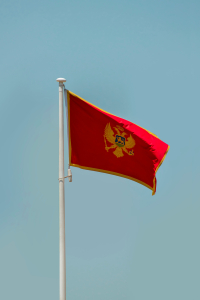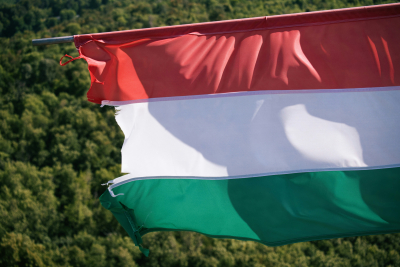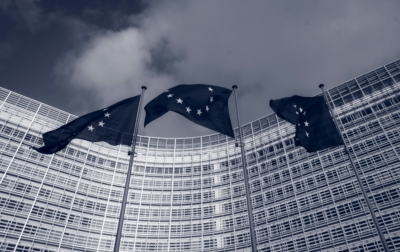The European Parliament has voted by 595 to 12 with 45 abstentions to call for a phase-out of so-called golden passports, and for tighter regulation of so-called golden visas. These are schemes which have been used by kleptocrats, Russian oligarchs and other wealthy individuals to gain residency in the EU, in many cases using funds whose origins are not checked. The vote is not binding but the European Commission often follows the Parliament’s recommendations. If previous scandals were not enough to make it clear that these schemes were open to abuse, the war in Ukraine should serve as a final wakeup call. Allowing Russian kleptocrats and assorted oligarchs to live in the EU in exchange for money whose whereabouts often cannot be ascertained poses a major security risk. Transparency International has been calling for the regulation of the residency investment schemes and the complete ban of golden passports for a long time. The European Parliament’s new report by Sophie in’t Veld sends an important signal and is in line with our key recommendations. Now it is time for the European Commission to come forward with the necessary legislative proposals.
Acquiring EU citizenship or residency permit is a long and complicated process. Except if you are rich and know who to call. Because in some EU countries, investing a predetermined amount of money can get you a residence permit (residency by investment schemes or “golden visas”). A few countries even offered full citizenship rights (citizenship by investment schemes or “golden passports”) in exchange of investments.
The decision of one member state affects everyone, since whoever is buying these rights, is free to move around the EU. They can conduct business with far fewer checks; and once they become citizens, they are entitled to participate in elections too. Intermediaries are often supporting the applications, whose primary interest to process as many applications as possible. It should come as no surprise that such a process rarely involves proper background checks or a check on the origins of funds being invested, especially for countries with higher risk-appetite and where authorities enjoy high levels of discretion. Criminals and oligarchs may use their dirty money to buy the right to live in the EU, we need to tighten anti-money laundering rules to tackle this loophole.
Transparency International and Global Witness published a comprehensive report on these systems and their manifest failings. In Malta, there were several investigations between the links of organised crime and these schemes, including by the murdered journalist Daphne Caruana Galizia. The country still continues selling both citizenship and residency permits, even though the European Commission has launched an infringement procedure. Cyprus has suspended taking new applications and they already revoked some previously granted citizenships. Bulgaria’s new parliament looks set to vote to end the country’s golden passport programme. Even though there have been changes in the residency by investment programmes of some countries, the investments are not helping the real economy and there are not enough safeguards and background checks on the applicants.
In the context of the currently unfolding Russia’s aggression against Ukraine it is high time to revisit this issue. Investigative journalists have previously uncovered that people close to Putin have been granted Hungarian residency under one of these schemes. This includes Vladimir Blotsky, a current member of the State Duma, who was added to the EU list of sanctioned individuals just two weeks ago. Sergey Naryshkin’s son was also welcomed by Hungary. Mr Naryshkin is the director of the Foreign Intelligence Service of the Russian Federation, has been on the sanction list since 2014. He is high on lists setting out the individuals responsible for the current war.
Malta and Portugal have announced suspensions on applications from Russian and Belarusian citizens. In our 12-point plan on how the EU can help Ukraine, we call on member states to screen the recipients of these schemes, to ban the sale of citizenship, and to develop a proper regulatory framework. This is now also the official position of the European Parliament. Now it is time for the member states and the Commission to act.




